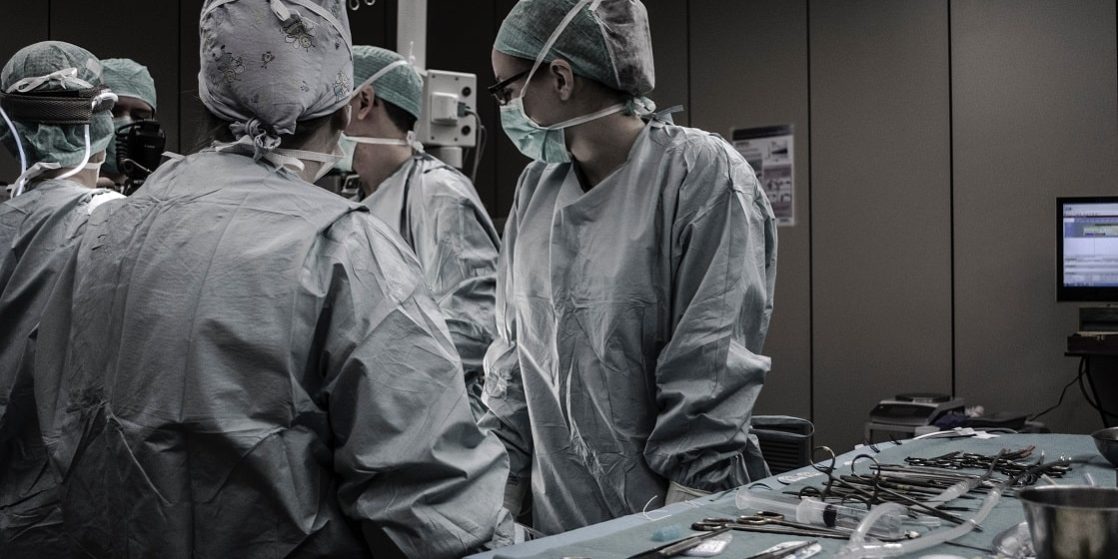You have done your research, made your selection of 4 medical schools, honed your personal statement and submitted your UCAS application, now you wait with eager anticipation to see if you will get an interview. Only 1 in 3 applicants gets invited to interview so to even get to this stage is impressive. But preparing for interview for medical school can be challenging. How do you crack the next stage and be the one they pick?
Medical schools use multiple mini interviews to help them assess a candidate’s non-cognitive qualities including cultural sensitivity, maturity, teamwork, empathy, reliability and communication skills. In this blog, we look at the format MMI takes and how you can best prepare.
What is the format?
Candidates rotate around a series of interview stations normally between 6 and 10 in rotation. The whole process can last up to two hours.
Before the start of each interview, you’ll be given a question or scenario, you will have two minutes to prepare and about eight minutes with each interviewer. Sometimes the interviewer will be observing in the case of a role play scenario with an actor.
What are they looking for? Interviewers are assessing and evaluating your thought processes, your ability to think on your feet as well as how you demonstrate key attributes suited to the profession.
Sample questions include:
An actor plays the role of your elderly neighbor. You have just accidentally run over your neighbour’s cat whilst reversing your car. You have 5 minutes to break the bad news to her
“Whilst on attachment to a local A&E department, a 12 year old female is brought in by the local ambulance crew, followed quickly by her two parents, after a major RTA. Both parents are devout Jehovah’s Witnesses. Your multidisciplinary team concludes amongst other course of treatment, a blood transfusion is required to save the life of this patient. In accordance with their interpretation of Scripture, Jehovah’s Witnesses are staunchly opposed to receiving blood transfusions, believing it to be sinful. The parents refuse to give consent for the child to receive the blood transfusion”
Using your knowledge of medical ethics, please discuss the considerations you must make before continuing with your treatment plan.
Without using your hands, explain how to tie shoe laces.
How can I prepare?
Multiple mini interviews are difficult to prepare for as you will not know the types of situations and questions you are going to face. In addition, there may be no “right” answer but your result may depend on how you justify your answer.
You should aim to answer the questions in a way that demonstrates that you are capable of being an excellent student and thereafter, an outstanding professional. Therefore, you can practice integrating these key attributes into your answers.
Make sure you keep up to date with current affairs and that you are up to date with key concepts such as patient confidentiality as you will likely be asked about this during relevant stations.
Since each rotation only lasts 8 minutes and must end when the bell goes, even if you haven’t finished your answer, make sure to prepare by practicing answering questions for 7 to 8 minutes so you know what it feels like.
Familiarise yourself with which medical schools have focused on what in previous years. For example, King’s College London has focused on communication-skills, personality-based attributes, ability to evaluate scientific information, topical medical issues and ethical scenarios in recent years.
Preparing for interview for medical school – our top tips:
- Practice speaking for 7 to 8 minutes so you know what it feels like
- Listen carefully as the interviewer will often provide prompts designed to direct you
- Read around current medical issues and topical issues in the news
- Think before you speak and stay calm
- Be yourself! The MMIs are used to show personality and your views, so be honest
- And finally, always make sure you answer the question and then explain your opinions


